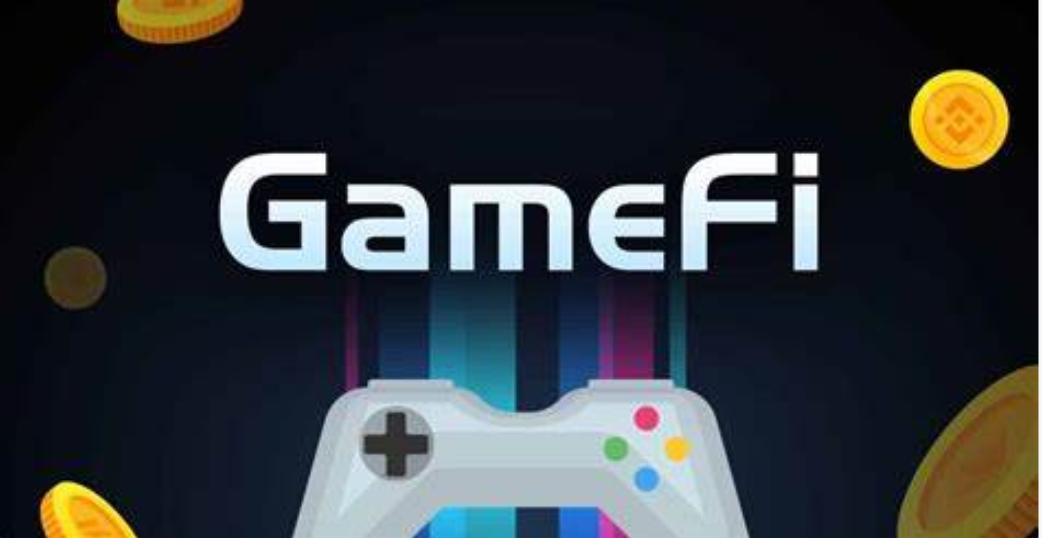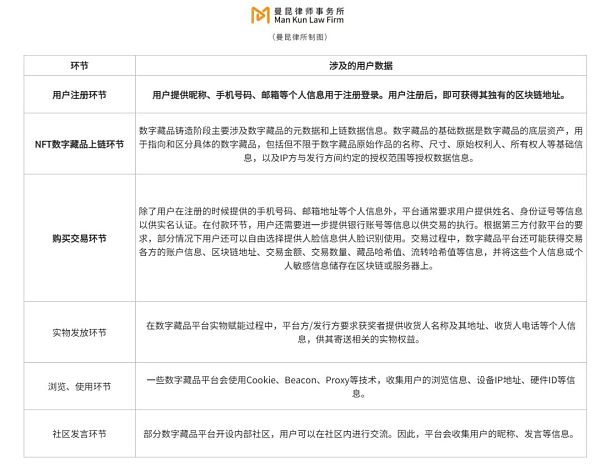Meng Yan: After visiting Africa, I now believe that the opportunities for blockchain are in the Indo-Pacific region.
Meng Yan: Blockchain opportunities are in the Indo-Pacific region, not Africa.Solv’s Meng Yan wrote an overview of his thoughts on the development prospects of blockchain in the Indo-Pacific region, including social background in Rwanda, advantages of blockchain in the Indo-Pacific region, and a conditional analysis. Yan believes that there is a clear demand and with Singapore leading the way, the Indo-Pacific region will become a hot spot for the development of the blockchain industry. This market should provide rare opportunities for industry colleagues committed to creating real economic value with blockchain.
There are four advantages of blockchain that are valued by Indo-Pacific countries: 1) Blockchain balances the need for collaboration and protection of privacy and data sovereignty in the digital economy; 2) The open and trust-based environment of blockchain, along with the mechanism of smart contract automatic execution, helps to solve the problem of interoperability between different countries’ digital financial systems; 3) Blockchain makes currency programming an everyday tool. Blockchain allows anyone to program currency and payments through smart contracts, which is more open than internet payments and is a very attractive ability for Indo-Pacific countries; 4) Blockchain can support the establishment of new regulatory mechanisms. In blockchain, once a trusted digital identity, digital account, and digital certificate system are established, regulators can implement substantial control through smart contract code, whether it is legislative prevention, mid-term adjustment response, or post-event evidence execution, the efficiency is at least two orders of magnitude higher than today’s regulatory technology.
Market conditions in the Indo-Pacific region: 1) Fragmented markets have a strong demand for cross-border integration. This is perfect for the Indo-Pacific region, especially the ASEAN region, the Middle East and North Africa, which are politically fragmented and economically integrated, providing a natural breeding ground for the development of blockchain; 2) There is a strong awareness of data sovereignty. Even in low-income countries in Africa, governments no longer want to accept their digital economy being controlled by foreign entities. This also increases the attractiveness of blockchain to this region; 3) Infrastructure meets standards, especially internet and mobile internet infrastructure. In recent years, the telecommunications and internet infrastructure of African countries has made great strides, with over 80% of adults having mobile phones and nearly 600 million people having mobile payment accounts, meeting the basic conditions for blockchain; 4) Economic development urgently demands digital financial infrastructure. This also fits the reality of the Indo-Pacific region.
- Weekly Financing Report | 12 Public Financing Events; L1 Blockchain Shardeum Completes $5.4 Million Strategic Financing with Participation from Amber Group
- Rollup as a Service: A new era of blockchain scalability, the next modular battlefield
- Layer1 blockchain Sharduem completes $5.4 million financing, with a valuation of $248 million.
Recently, the Monetary Authority of Singapore (MAS) has released a series of projects and whitepapers, which are clearly aimed at cross-border blockchain infrastructure. There are three main plans: Project Guardian, Project Orchid, and Project Savanah, which are all digital certificate projects. The latter two projects are actually designed to solve regulatory problems. If MAS can push forward with these two plans, on the one hand, it can establish management capabilities for accounts, and on the other hand, it can establish management capabilities for money, basically filling the gaps in industrial blockchain and making it possible to put accounts and funds on the chain. Of course, MAS’s entire plan is clearly not designed for itself. I think that Singapore has learned from the lessons of the past decade of failed industrial blockchain battles and has taken the lead in formulating a step-by-step, systematic, and structured blockchain and digital economy infrastructure development strategy for the Indo-Pacific region.
Reference: https://mp.weixin.qq.com/s/rFf13weownhXtt_yrY6nzg
We will continue to update Blocking; if you have any questions or suggestions, please contact us!
Was this article helpful?
93 out of 132 found this helpful
Related articles
- Co-Chairman of the Hong Kong Blockchain Association, Fang Hongjin: The Hong Kong government should not issue a Hong Kong dollar stablecoin.
- Blockchain startup Web3Go completes $4 million seed round financing, led by Binance Labs.
- 9 Important European Cryptography Regulations to Pay Attention to Besides MiCA
- Review of Web3 Blockchain Security Situation and Anti-Money Laundering Analysis in the First Half of 2023, and Summary of Key Regulatory Policies in the Cryptocurrency Industry
- US SEC: How to Use Howey Test to Determine Whether a Cryptocurrency is a Security?
- Viewpoint | BITKRAFT Ventures: How Can Blockchain Games Attract Users?
- Evening Read | Cosmos’ Threat to Traditional Blockchain






